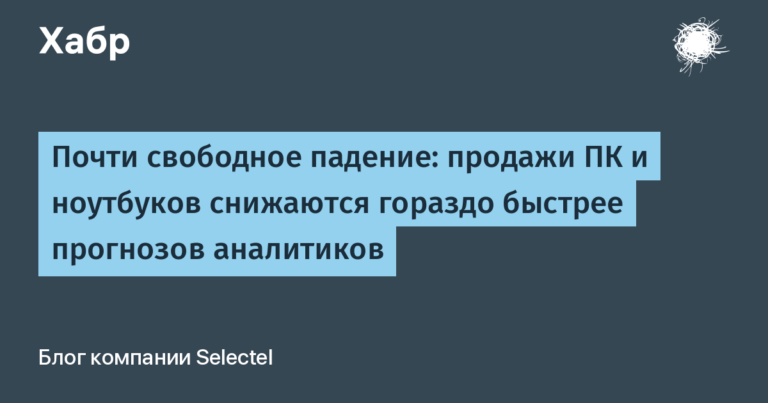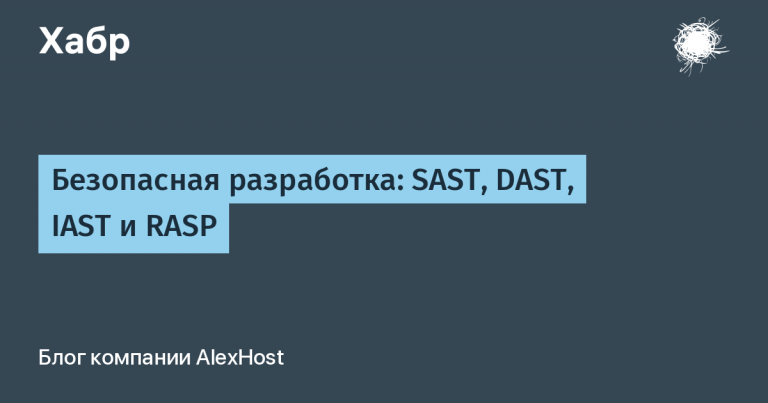“My own label, my own streamer”: who implemented this idea and continues to develop
We are discussing the project of the Catalytic Sound cooperative, consisting of three dozen composers. His team has launched its own streaming service and is sharing half of the sales revenue with colleagues. This is a unique and very interesting example for the music industry.

Sell everything yourself
There are a lot of problems in the relationships and mutual settlements of musicians, streaming platforms, labels and distributors. For the most part, they are centered around the financial model implemented on the side of online platforms and classical music organizations. It either provides for payments depending on the share of streams in the “common pot”, or a substantial commission for transactions from spot sales of albums and tracks. As a result, a lot of musicians gets very, very modest remuneration and complaining, and streamers make good money for shareholders and regularly report on it.
Distributors and labels, in turn, finally lose their independence. Their bulk has already been taken under their wing by the majors – the largest international structures that control most of the music market. For them, it is a matter of commercial interest and return on investments made in transactions to acquire control over such organizations. Therefore, there is no need to talk about any indulgences and reduction of commissions. Labels and distributors are forced to switch to a service model: not only withholding part of the authors ‘and performers’ income for helping to distribute tracks through numerous online storefronts and streaming services, but also taking fixed contributions for cooperation within a year and a separate fee for additional services.
In such an environment, an increasing number of musicians are thinking about how to get around all these difficulties and keep for themselves the bulk of the profits from the sale of albums and tracks. Some people release records themselves – first selling them at concerts and in clubs, and then uploading them to streaming platforms to expand organic reach of the audience. Others go on and on sell special bundles and rights to music in NFT-format, taking orders, including on their own sites. Still others simply launch niche counterparts Spotify and Apple Music.
Control in miniature
You can really do without a label and interaction with platforms. However, this approach will require a lot more hard work to promote your creativity. You will have to compete with those who are helped by algorithms and managers not only of music venues, but also of partner labels. In addition to marketing, the author will be responsible for distribution, legal issues, finding solutions for processing transactions and other formalities. But in the case of a successful solution of these problems and successful work with the necessary tools, there is little that can prevent such a musician or group from launching their own label or starting to stream the music of colleagues and third-party authors using their own platform.

By this principle is developing a project of the Catalytic Sound cooperative. His team is developing a platform that is responsive to the needs of independent authors and adopts a potentially more profitable payout model for them: a third of the monthly revenue from subscribers goes to cover the expenses of the organization, and the rest is distributed among the musicians. At the same time, $ 450 [единоразово] pay to the one who publishes an exclusive release in a given month, prepared specifically for this site.
The viability of this approach is largely ensured by the fact that the labels on which the first recordings were released, published after that on Catalytic, they simply refused the proceeds and allowed it to be distributed exclusively between the site and the authors of the tracks. The founder of the project, Ken Vandermark, says that even with this in mind, his team is working almost “to zero” – money comes from less than a couple of hundred fans of the project on Patreon.
The atmosphere of creativity
The site offers listeners a library of 100-150 albums, which vary over time depending on the preferences of the curators and audience. You won’t be able to find popular music here – the majors would not give up royalties generated by industry stars and would not allow the content of famous artists to be used so easily. But treating the service as a niche selection, where something interesting constantly appears, and new items are selected and recommended not by an algorithm, but by real people – it is quite possible.
Founders saythat they are even going to release a special guide for those who would like to launch something like this. Let’s see if their initiative will become an alternative to the streaming products of monopolists, which are increasingly complaining about authors and performers.
What else to read on this topic on Habré and in the Hi-Fi World:
-
What will indie music be like if the majors control distribution?
-
Audio social networks are striving to reach a global audience, but so-so so-so
-
Streaming services are happy with the results of the year, musicians are doing differently
-
“One awkward move, and a shaft of recommendations”: what video hosting sites are criticized for
-
Situation in the “Hi-Fi World”: controversial video hosting and streaming news



